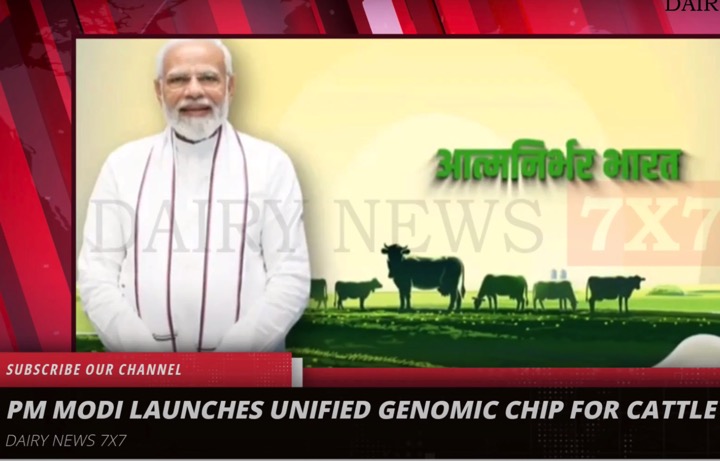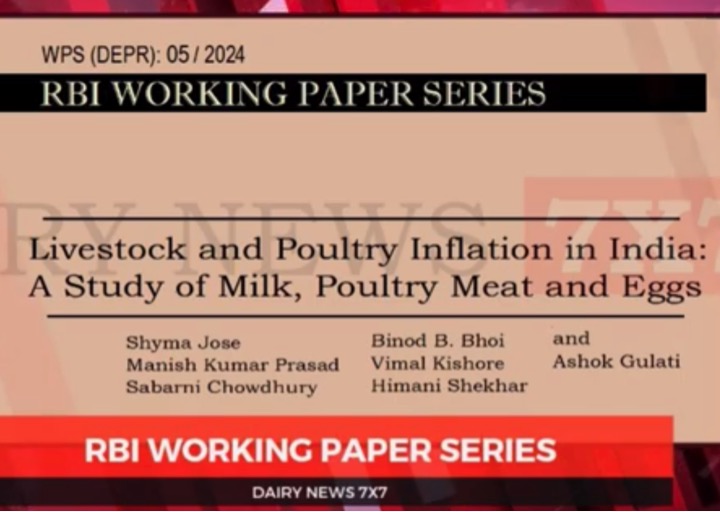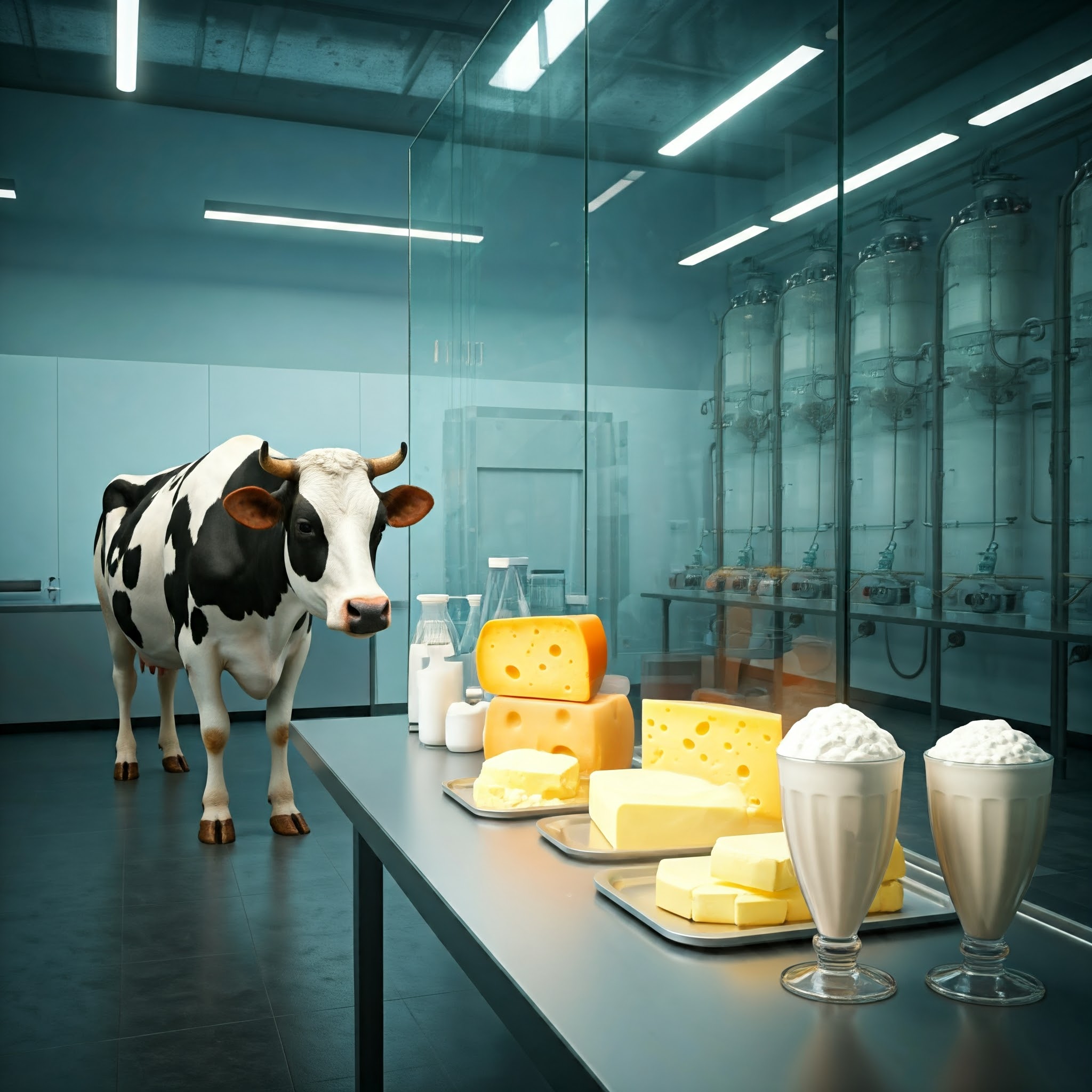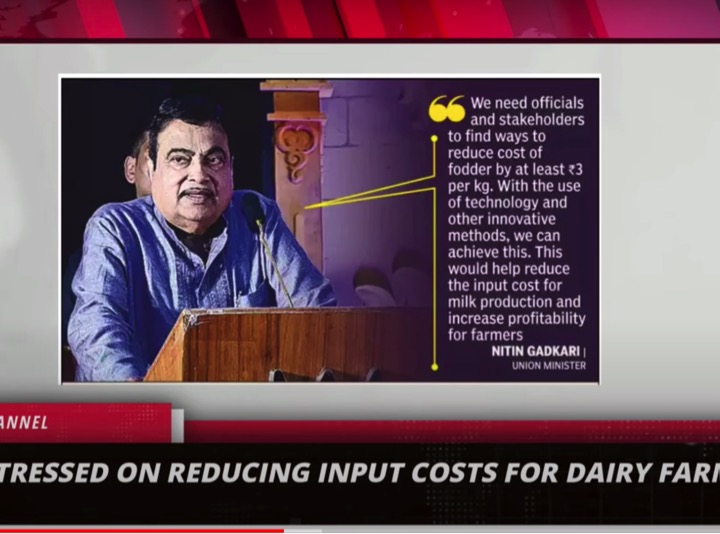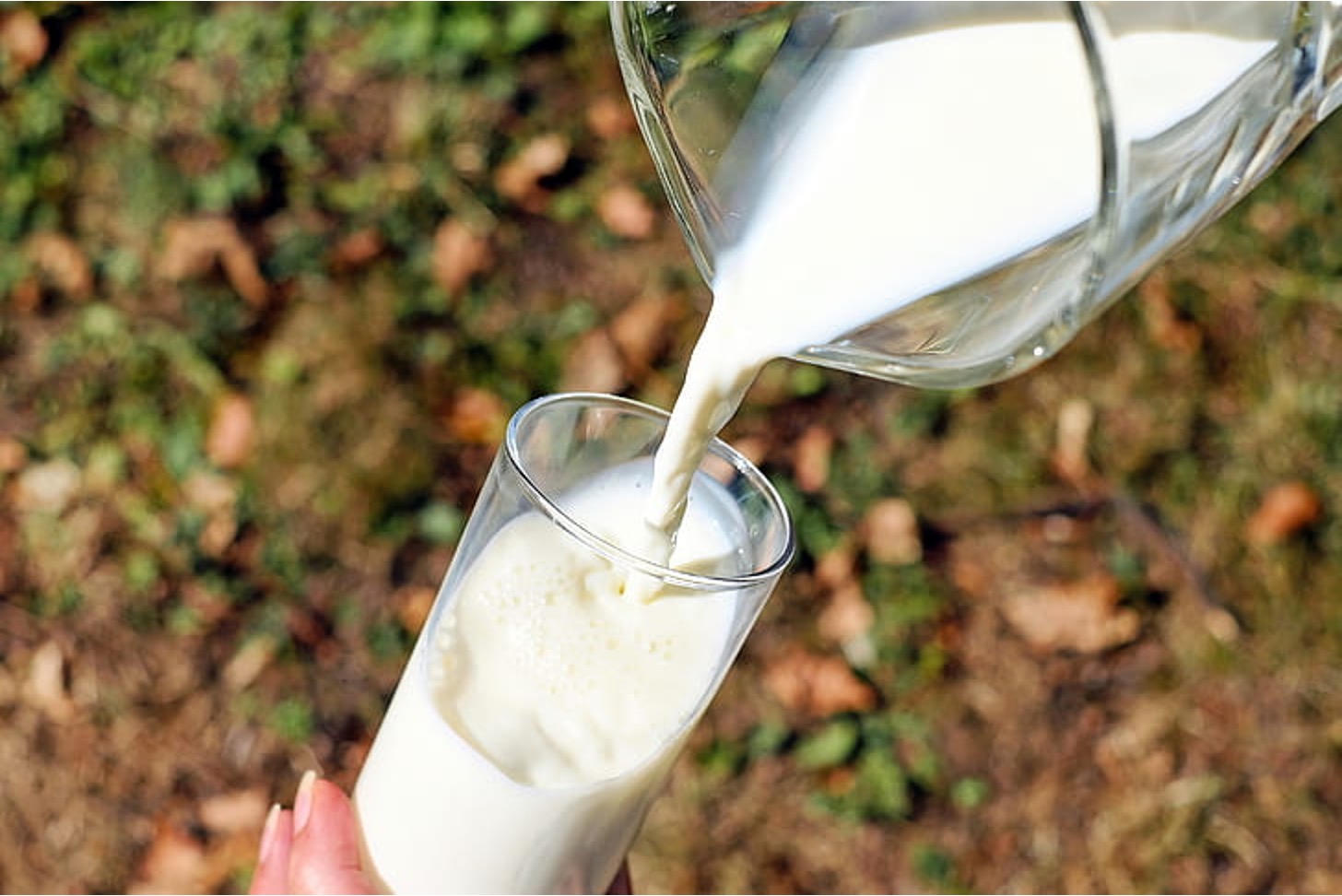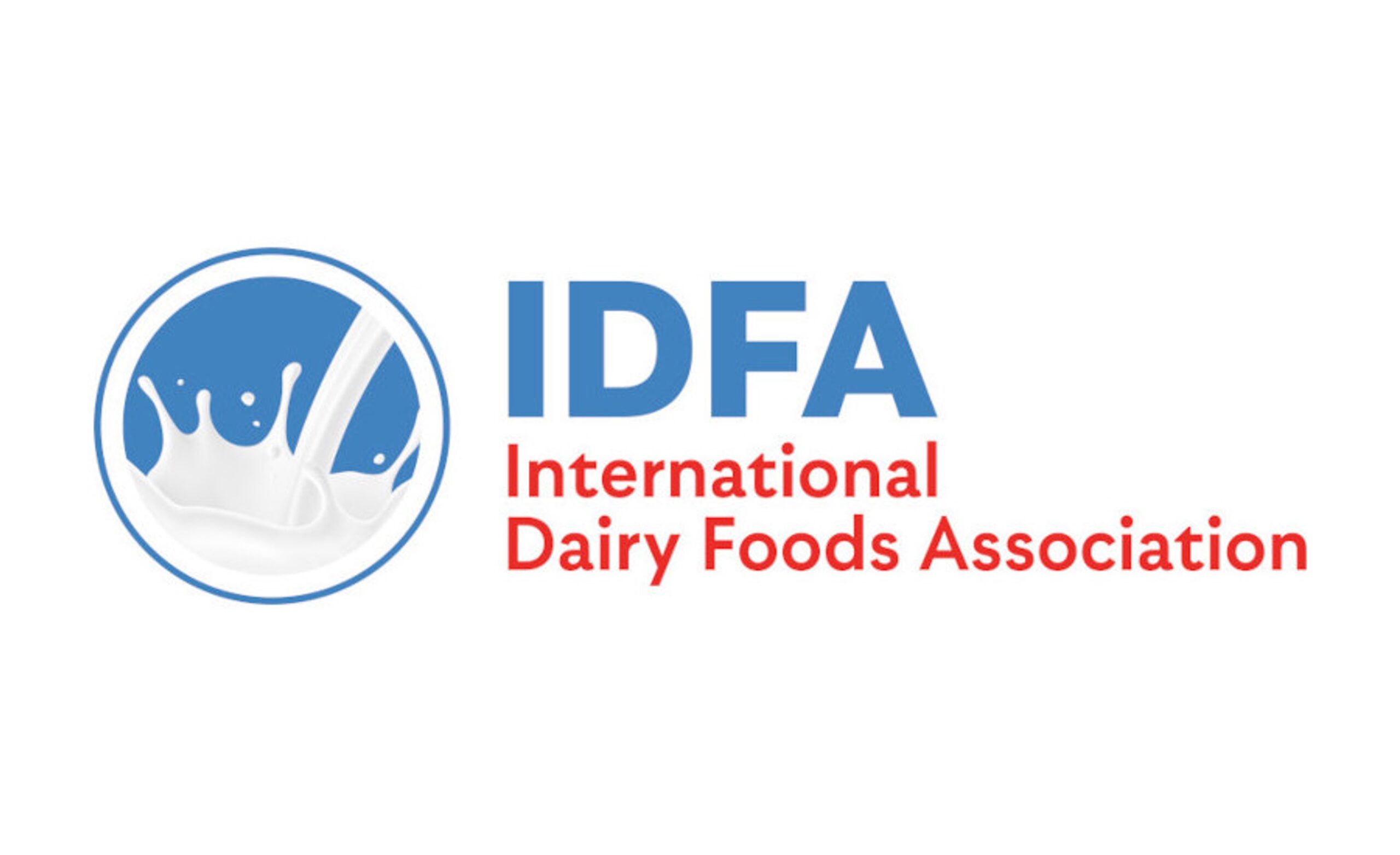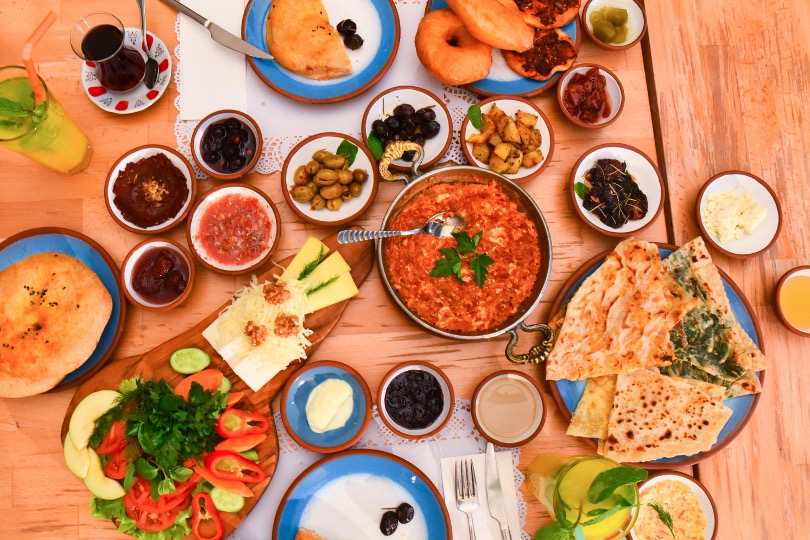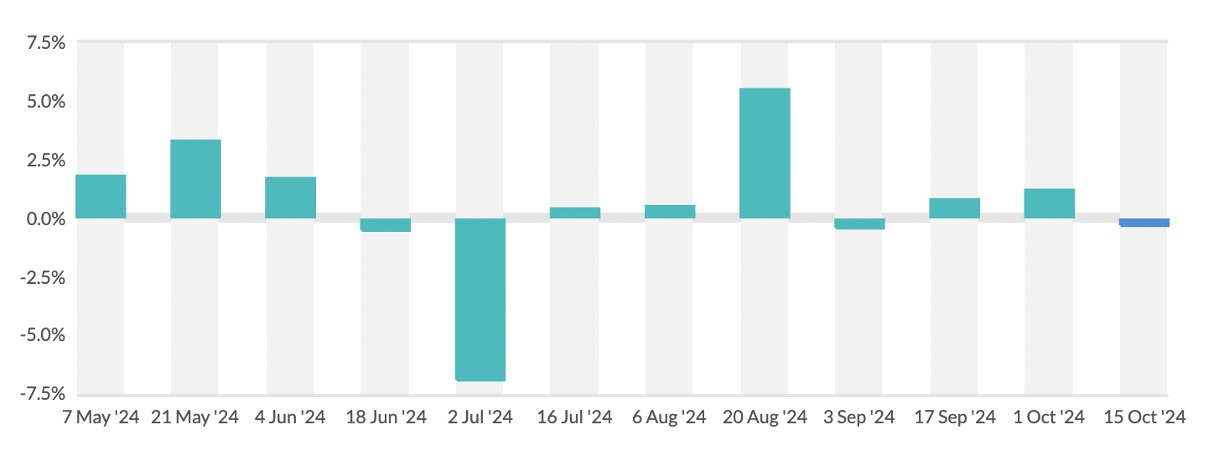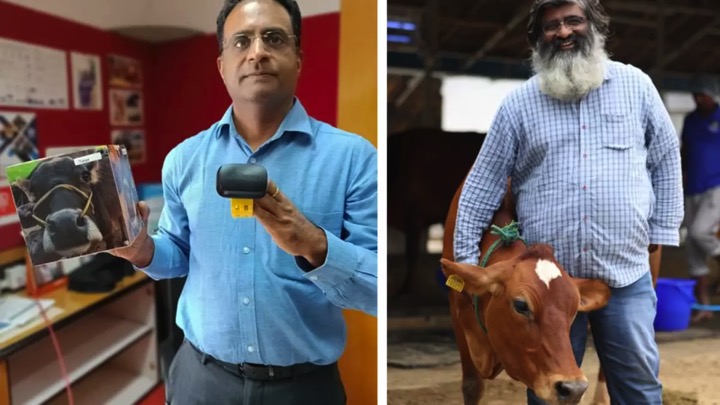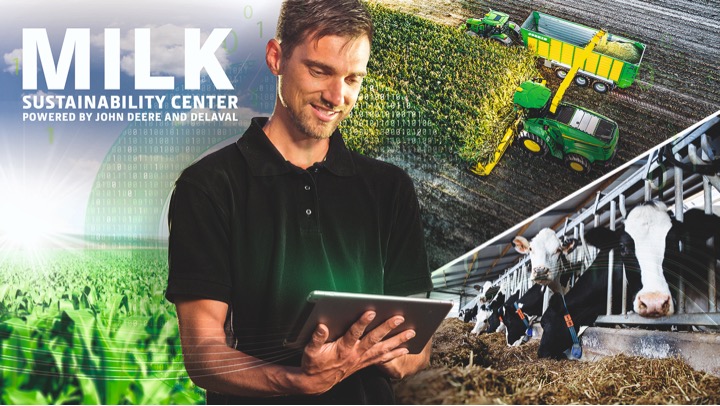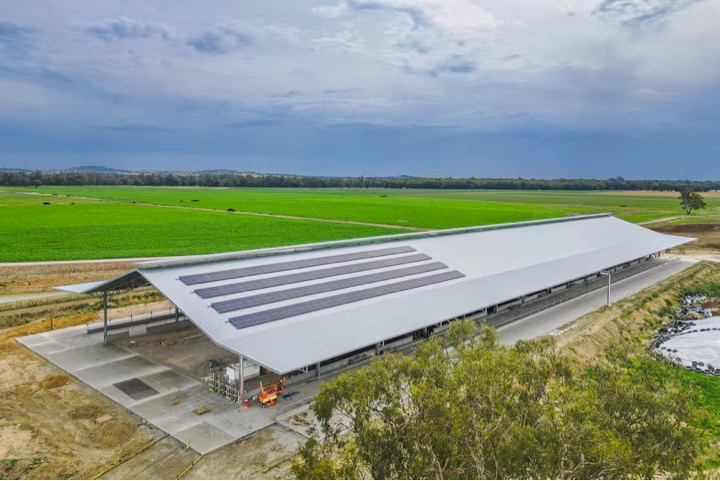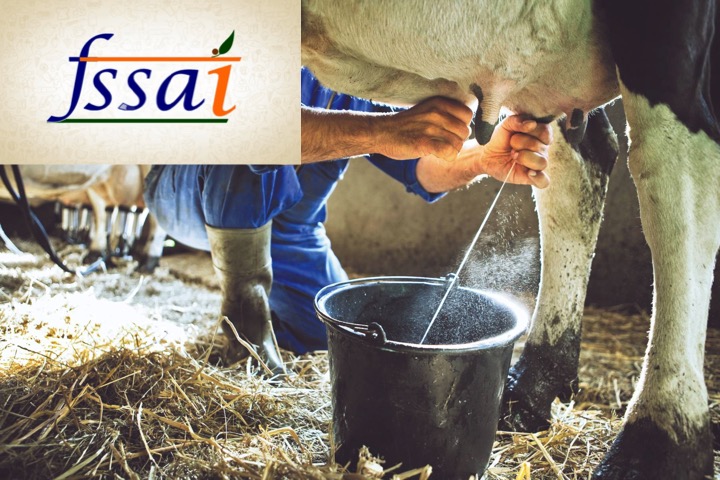Last year, the total number of vegans worldwide was thought to be around 79 million. A not insignificant portion of the population, you’ll agree, but some could be rethinking the plant-based lifestyle, after a scientist claimed this week that women who don’t eat enough meat or dairy put their health at risk.
Expanding on his statement, Ian Givens, professor of food chain nutrition and director of the Institute for Food, Nutrition and Health at Reading University, said women are more at risk of deficiencies in iron, magnesium, iodine, calcium and zinc than men. Half of women aged 11 to 18 consume under the minimum recommended levels of magnesium and iron, and older female age groups – aged 19 to 64 – are also more at risk, with 27 per cent of them consuming less iron than they should, too.
While many are turning to veganism or vegetarianism out of concern for the environment, something Givens acknowledged is valid, he warned that the decision to forgo all meat and dairy needs to be approached with “caution”, and that more attention should be paid not just to how many carbon emissions are produced by a food type, but the nutrients they offer too. Deficiencies in these key nutrients can impact bone health, particularly during the menopause as well as energy levels, healthy weight, mental health and can even cause hair loss. Put simply, it’s important you get enough of all of them.
It’s no secret that if you follow a vegan or vegetarian diet, for whatever reason, it’s trickier to get the right nutrients into your system, but nutritionist Eve Kalinik doesn’t believe it’s necessary to eat meat and dairy if that’s not what you want. “Your diet just needs a lot more planning to ensure nutritional needs are met,” she says. “That may require supplementation if you follow an exclusively plant-based diet.” Common nutrients that fall short in plant based diets include vitamin B12, iron, selenium, calcium, zinc, omega 3s, and sometimes protein – following as inclusive a diet as possible helps to “avoid leaving gaps”, she says.
Conversely, consuming meat and dairy, but with few plant-based foods, also has many pitfalls, just as not eating them can lead to nutritional deficiencies. “There is a vast difference between ultra-processed meat and dairy products, and good quality organic grass-fed or free-range meat,” Kalinik says. “Equally, ultra-processed cheeses and sugary yoghurts are very different to traditionally-made cheese and live yoghurt that are bursting with fat-soluble vitamins , calcium, protein and can be a natural source of beneficial microbes for gut health.”
The key, undoubtedly, is balance, and quality over quantity. “I think the phrase ‘eat better, eat less’ sums it up,” says Kalinik, who recommends opting for organic, grass-fed or free-range meat and organic full fat dairy (locally produced, if possible), to reap the rewards of all the nutritional benefits they offer. She also advises aiming for at least two days a week where you eat predominantly plant-based or vegetarian to ensure you’re getting enough of the many nutrients they offer, while doing your bit for the environment and cutting down on your own personal costs of buying meat.
“Everyone’s needs differ but a balanced diet might incorporate one to two servings of grass-fed red meat a week, one to two servings of free-range poultry or pork, two to three fish (at least two being oily fish), and aim for two days vegetarian or plant-based, as a rough guide. For dairy , a daily serving of 100g of natural live yoghurt and/or 50g of cheese.”
For committed vegans , her advice is to make planning a focal point of your week. Incorporate lots of grains, pulses and legumes (which, she says, should be soaked and rinsed to maximise their nutritional potential), and ensure you’re getting enough vitamin B12. “It will either need to be supplemented or consumed through fortified foods, such as a nut-based milk alternative drink,” she says. “These also often contain calcium, which is tricky to get through an entirely plant-based diet.”







